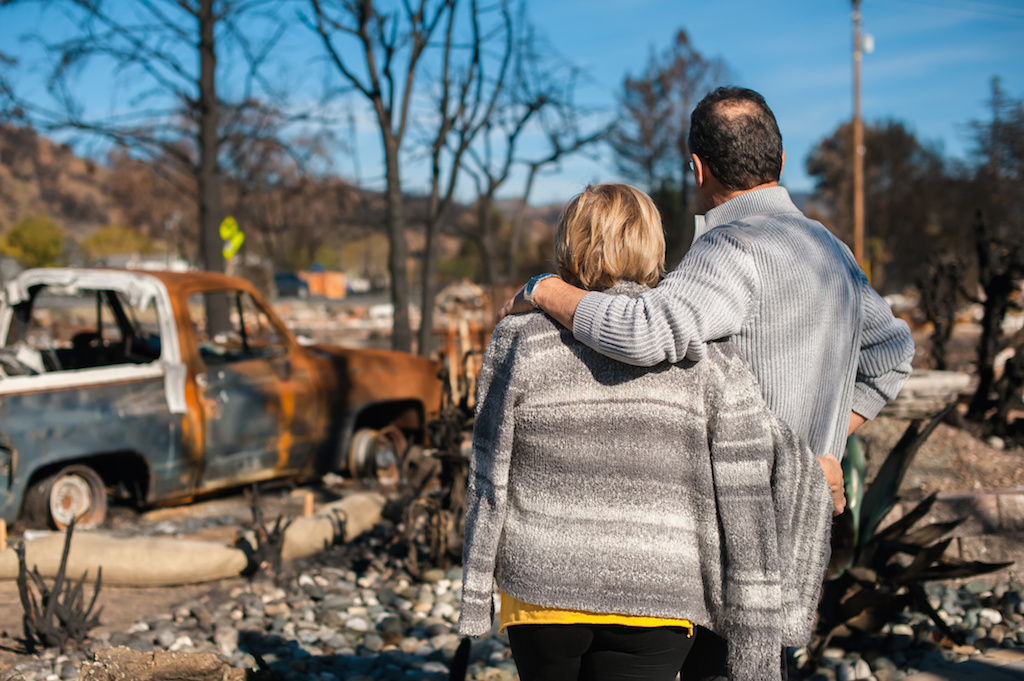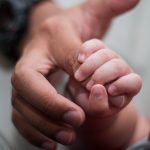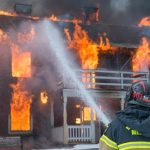60% of American families don’t have a plan in place for dealing with disasters.
Don’t get separated from your family when they need you the most. You should have a comprehensive family emergency plan in place, plus access to some emergency supplies.
Here are some ideas you should implement so you’re prepared for the next disaster.
Table of Contents
Have a Communications Plan
During an emergency, there’s a good chance that your family won’t initially be together in one place. Chances are, you’ll either be at school or work. This is why communications plans are an essential part of any disaster strategy.
You should have a comprehensive plan for how you’ll communicate with one other in the event of an emergency. Be aware that while phones can store all the contact information anyone will need, they may run out of batteries.
In some emergencies, the electric grid may go out and you won’t be able to charge your phone. Every member of the family should, therefore, have a card with all the essential numbers and contacts details on it. You should place this somewhere where you’ll always have it; for example, in a wallet.
Of course, it’s not only the electrical system that’s affected. You might also have issues with the cell phone network.
If you can’t reach someone by phone, you should try sending them a text message. As the phone networks become less congested, your message will get through.
Stay Informed
Knowledge is power, and this is especially true in an emergency situation. You should be aware of the kinds of disasters and emergencies that could happen in your area.
You should also be aware of any emergency broadcast systems that are in place. For example, you might be able to subscribe to text message alert services, which will tell you if you’re at risk.
You should also consider how you’d stay informed during an actual emergency. Be aware that the power, internet, and cell networks are likely to go down. This means that many of the conventional ways of staying informed will no longer function properly.
Ideally, you should have something like a battery-powered radio in your emergency kit. Make sure you have the right kind of batteries accompanying it. Also, consider that batteries can deteriorate over time, so make sure you replace the batteries in your emergency kit every year or so.
Have an Evacuation Plan
It’s also important that you have an evacuation plan. You should sit down as a family and discuss where you’ll go in the event of an emergency.
Don’t forget to review your home insurance plan to ensure coverage with top-ranked home insurance providers. You’ll need to make plans that account for your family pets, people in the family with special needs, and turning off your home’s utilities. There’s a good chance your kids will be in school or daycare when disaster hits, so they should know exactly where and when you plan to meet them.
When you have a good plan in place, you ensure everyone knows where they need to be so no one gets left behind.
You should also make sure you’re covered by your home insurance. A disaster is a lot less distressing when you know your family’s possessions are all covered. This useful article by BetterFlood tells you more about insurance.
Have an Outside Contact
It’s a good idea to have an agreed upon “outside” contact in the event of a disaster. This could be someone living in another state or even in another country. Since the disaster you’re experiencing probably won’t affect their essential services, they can act as a kind of “mission control.”
You might not be able to contact your family in the disaster area, but by using an outside contact, you might be able to relay messages to each other. An outside contact will also have access to the internet, so they’ll be able to relay a lot of information to you.
Have Emergency Bags
Ideally, you should always have emergency bags on standby for every family member. Pack these bags in such a way that you could leave your home at a moments’ notice with only these bags and have everything you need for survival.
The bags should contain things like basic medical supplies, containers for water, and tools such as flashlights. You should also make sure there is a good amount of clothes in the bags.
Another thing to consider packing is some emergency cash or traveler’s checks. It’s unlikely you’ll be able to withdraw any money from an ATM during a disaster.
Be Ready to Face the Elements
When you live in a house all your life, it’s easy to take protection from the elements for granted. In a disaster, however, bad weather can become a serious security threat.
Your disaster plan should include making sure everyone has a quality coat to wear. Good boots are also an incredibly useful thing to have in a disaster situation. There may be debris and broken glass, so walking around in everyday shoes is not going to cut it.
Pack Emergency Food
The bags should also contain a reasonable amount of emergency food. You may also want to include a supply of vitamins in your bag.
Good stuff to use is the freeze-dried and dehydrated food that backpackers use. This kind of food will last for a long time. Make sure you store your food in such a way that it’s protected from mice and other pests.
You should also consider purchasing some emergency cooking gear. Chances are, during a serious disaster, the electricity supply is going to go down, meaning you won’t be able to cook at home.
You also might need to cook while on the road. Think about purchasing a propane gas stove.
Stay away from any of the discount models. You need something robust and reliable if you’re going to depend on it during an emergency.
Make Family Emergency Plans Now
When it comes to survival, preparation is key. When you’re well prepared for dealing with disasters in a family emergency, not only are your chances of making it out unscathed increased, but you’ll also feel reassured that you have a comprehensive plan of action.
Want to order some vitamins for your emergency stash? Then check out our selection now.







